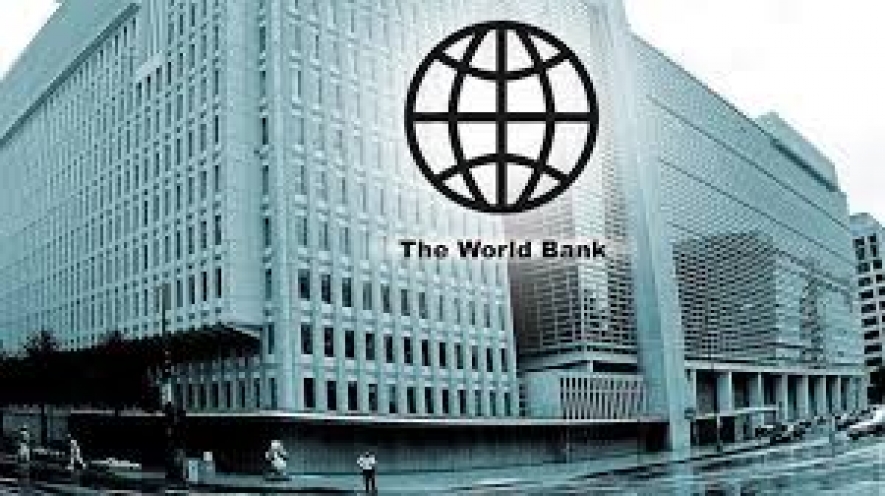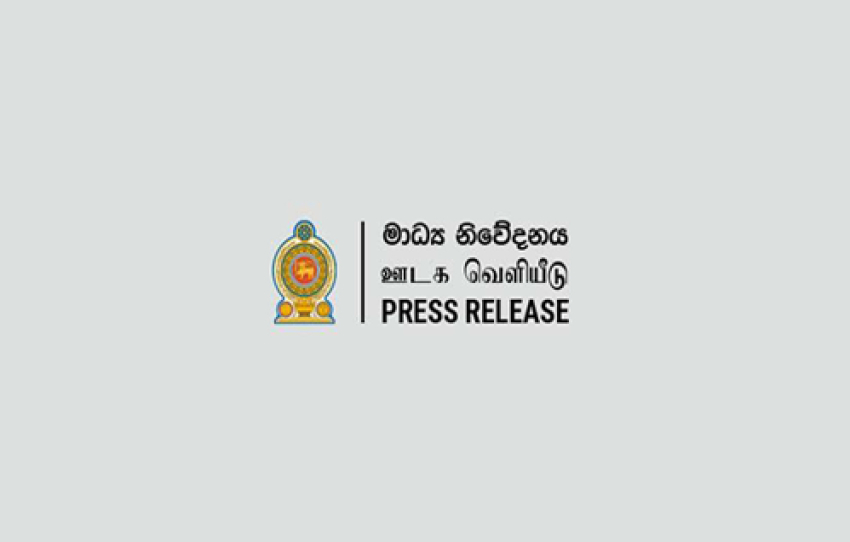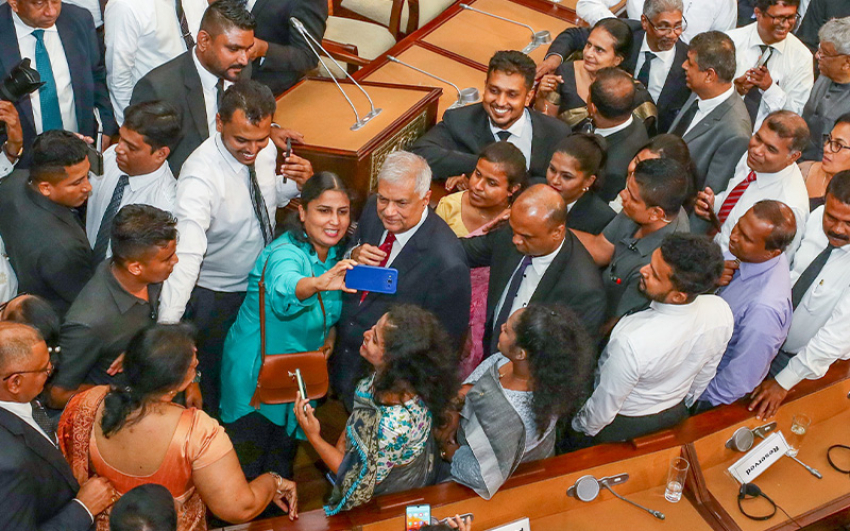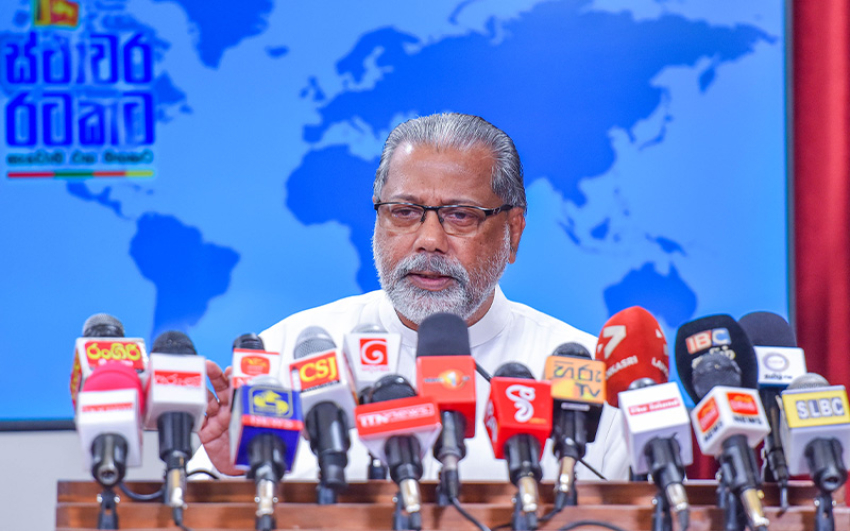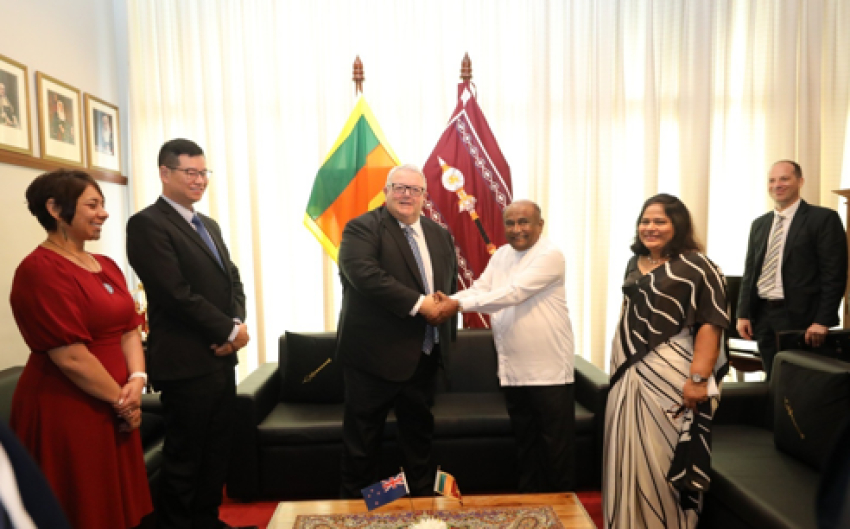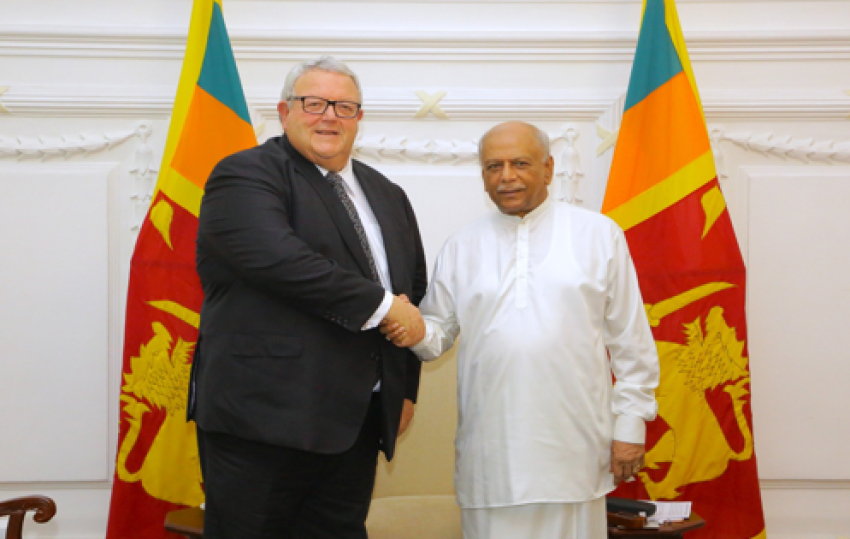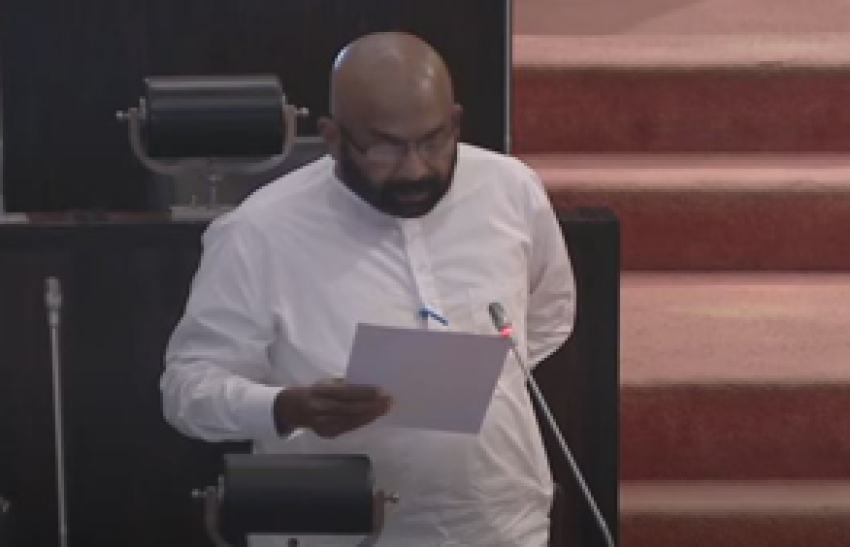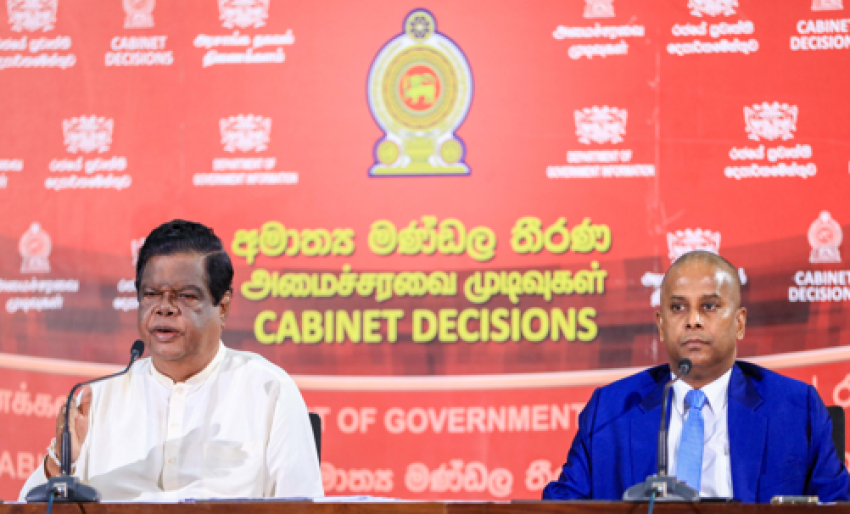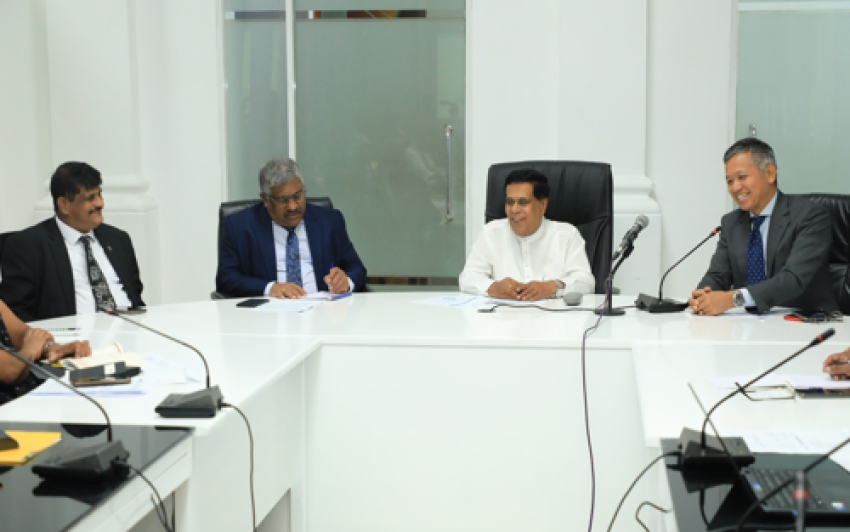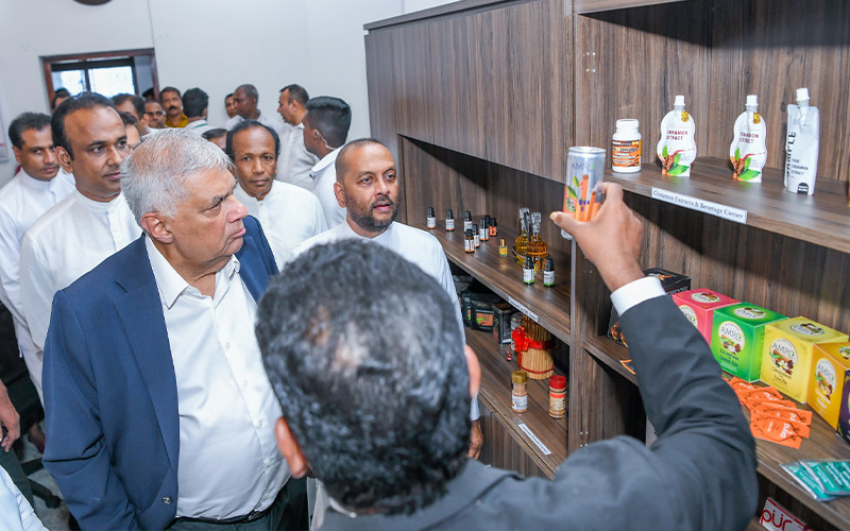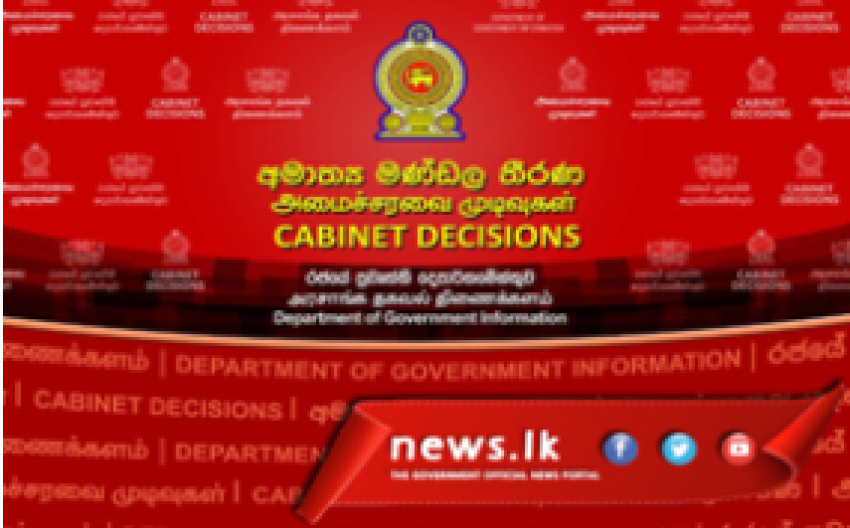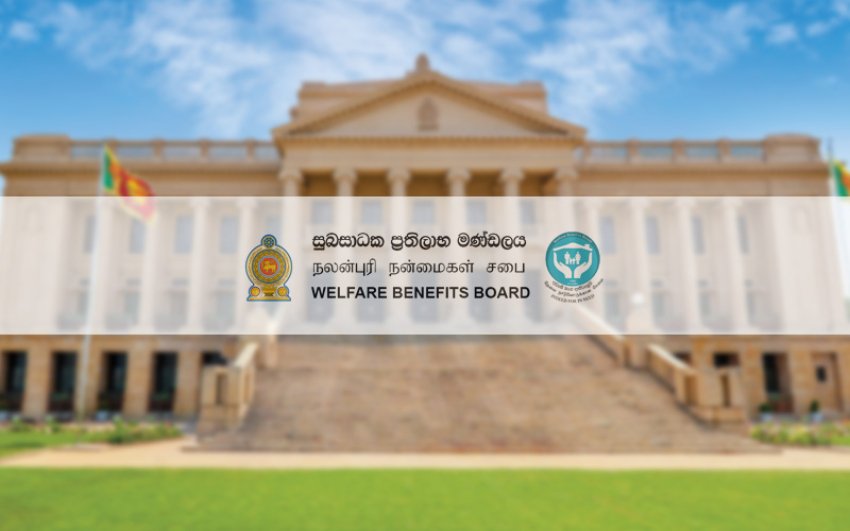Inflation will stabilize at mid- single digit level as the impact of natural disasters wears off, although the upward trend in oil prices may exert some upward pressure. The external sector will continue to benefit from the GSP+ preferential access to the European Union and tourism receipts, despite the deceleration of remittances. External buffers are expected to improve, with emphasis on purchasing foreign exchange, maintaining a more market-determined exchange rate, and increased FDI, the report said.
The overall fiscal deficit is projected to fall in the medium term, supported by the ongoing implementation of revenue measures. Growth should continue to translate into poverty reduction and improvement in living standards. A complex political environment and the impact of natural disasters, such as floods in May and prolonged drought across the country, made 2017 a challenging year for Sri Lanka. As a result, Sri Lanka’s macroeconomic performance slowed down.
However, a primary surplus was recorded for the first time in decades. Hence, even though the overall deficit has slightly increased due to a sharp increase in interest expenditure, public debt to GDP ratio has marginally decreased due to primary surplus and relatively low currency depreciation.
With the support of World Bank, the government is carrying out fiscal reforms, improving public financial management, increasing public and private investments, addressing infrastructure constraints and improving competitiveness. The launch of its Vision 2025 on September 4, 2017 was designed to strengthen democracy and reconciliation, inclusive and equitable growth and ensure good governance.
Nonetheless, despite government commitment, the progress of reforms to enhance competitiveness, promote good governance and continued fiscal consolidation, have already been slowed by the effects of political uncertainty. Since these reforms are critical for sustained growth, and the key risks remain, a favorable outlook is uncertain.Since the civil war ended in 2009, the economy has grown on average at a rate of 5.8% a year, reflecting a peace dividend and a commitment to reconstruction and growth.
The country has made significant progress in its socio-economic and human development indicators. Social indicators rank among the highest in South Asia and compare favorably with those in middle-income countries. Economic growth has translated into shared prosperity with the national poverty headcount ratio declining from 15.3% in 2006/07 to 4.1% in 2016. The report also stressed on addressing issues such as competitiveness and taking measures to increase trade. “Sri Lanka also attracts a much lower volume of FDI than peer economies and the shortcomings of the investment climate pose obstacles for new firms. Moreover, significantly high state participation in the economy has implications on competitiveness in a number of sectors and labor market dynamics,” the report said.
“Low revenues as a share of GDP have been a structural issue that adversely impacts fiscal position. The major causes are the low number of number of tax payers (less than 7% of the labor force and formal establishments pay income tax), reductions in statutory rates without commensurate efforts to expand the tax base, inefficiencies in administration and numerous exemptions. Sri Lanka’s improvement in its macroeconomic performance was masked by inclement weather in 2017. Fiscal and monetary policy measures contributed to stabilization. However, the adverse economic impact of a prolonged drought took a toll on growth (3.1%) and the external sector while raising inflation (6.6%, annual average). “
The report further said Sri Lanka’s economic challenges should be addressed through macro and structural reforms: (1) stay on the fiscal consolidation path by broadening and simplifying the tax base and aligning spending with priorities: this is important given high public debt, SOE debt and guarantees; and large gross financing requirements; (2) shift towards a private investment-tradable sector-led growth model by improving trade, investment, innovation and the business environment; (3) improve governance and accountability by implementing the Right to Information Act and improve SOE performance and service delivery; and (4) reduce vulnerability and risks in the economy by enhancing disaster preparedness and mitigating the impact of reforms on the poor and vulnerable with well-targeted spending.

